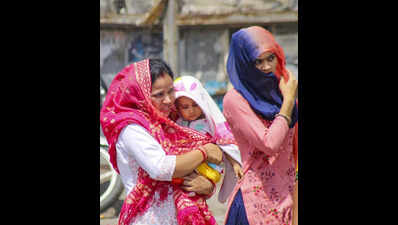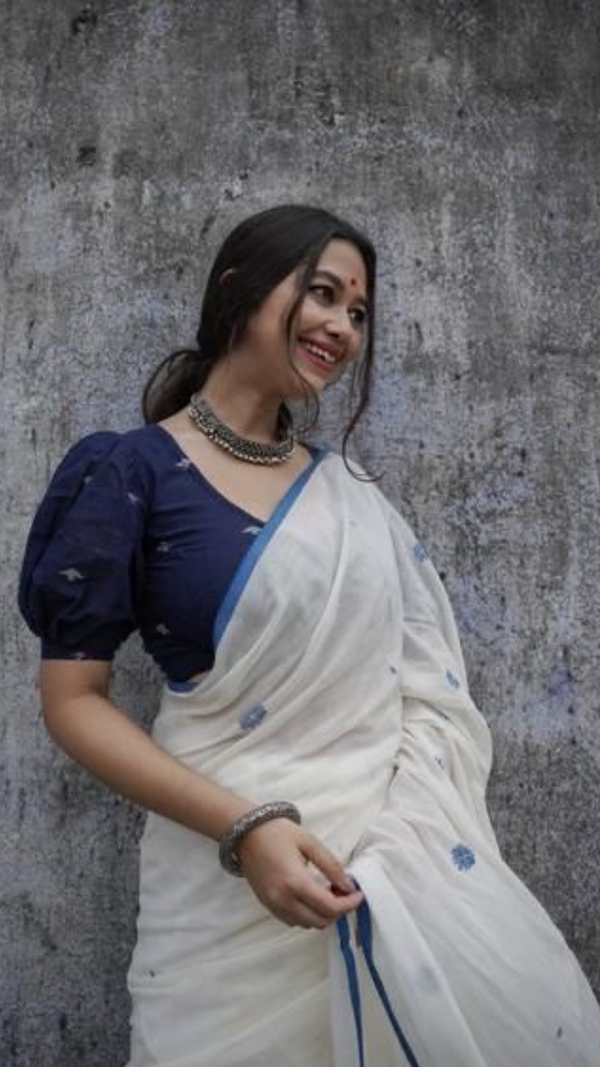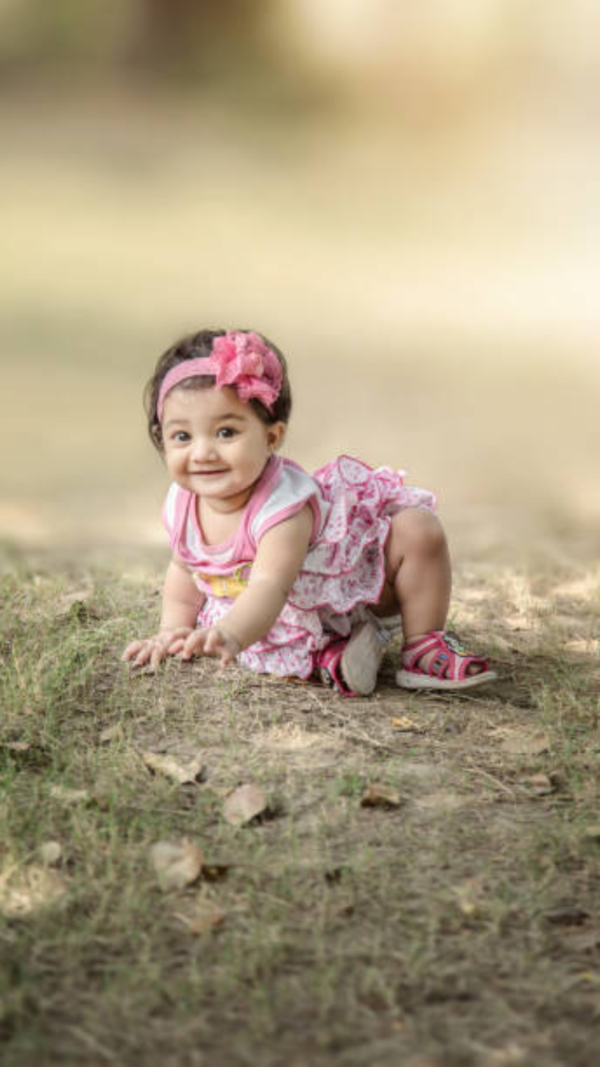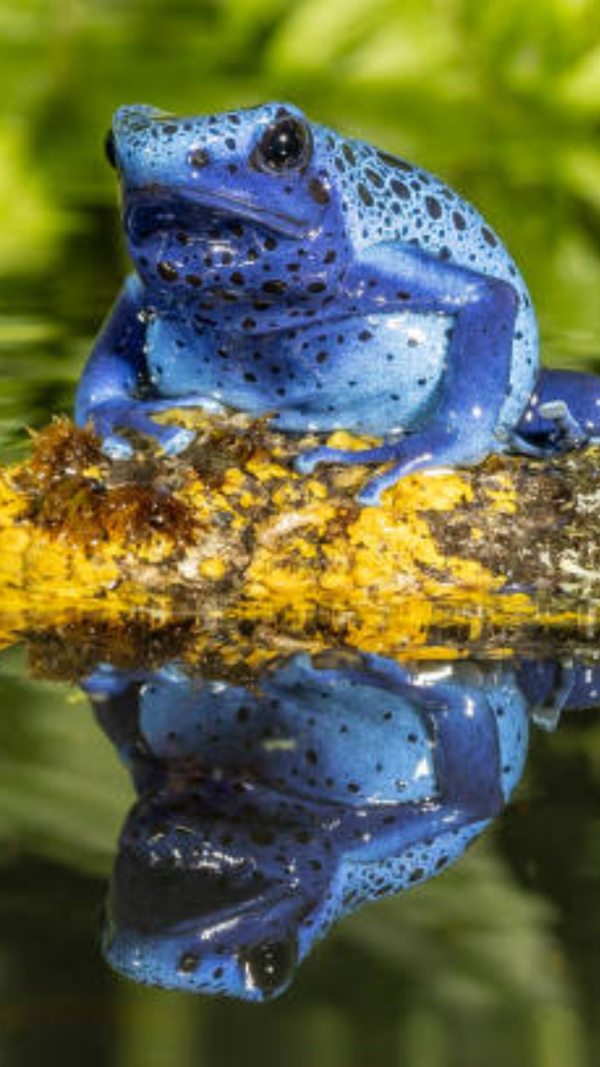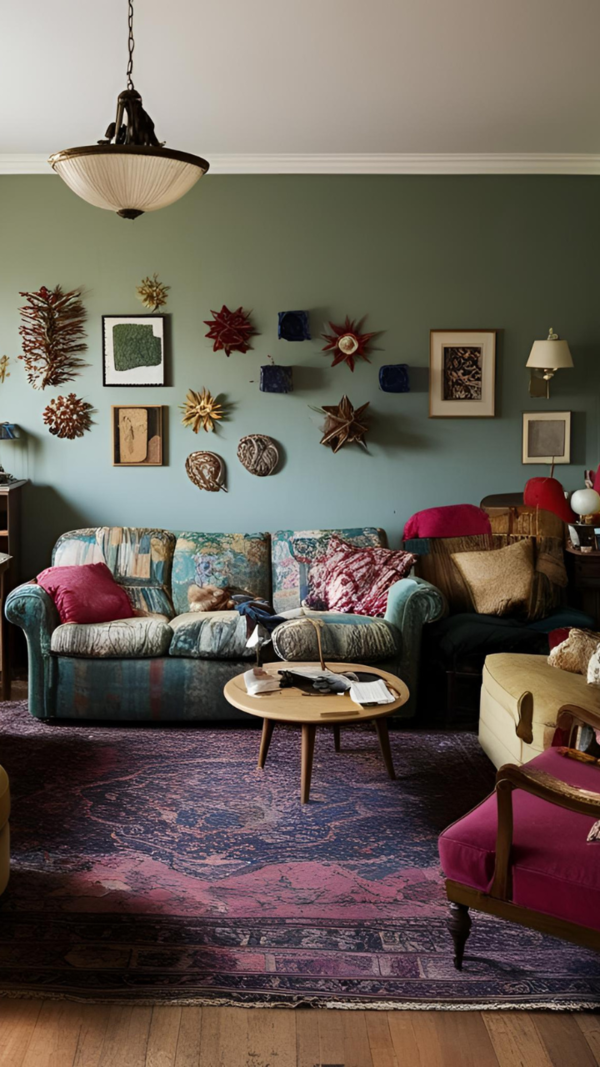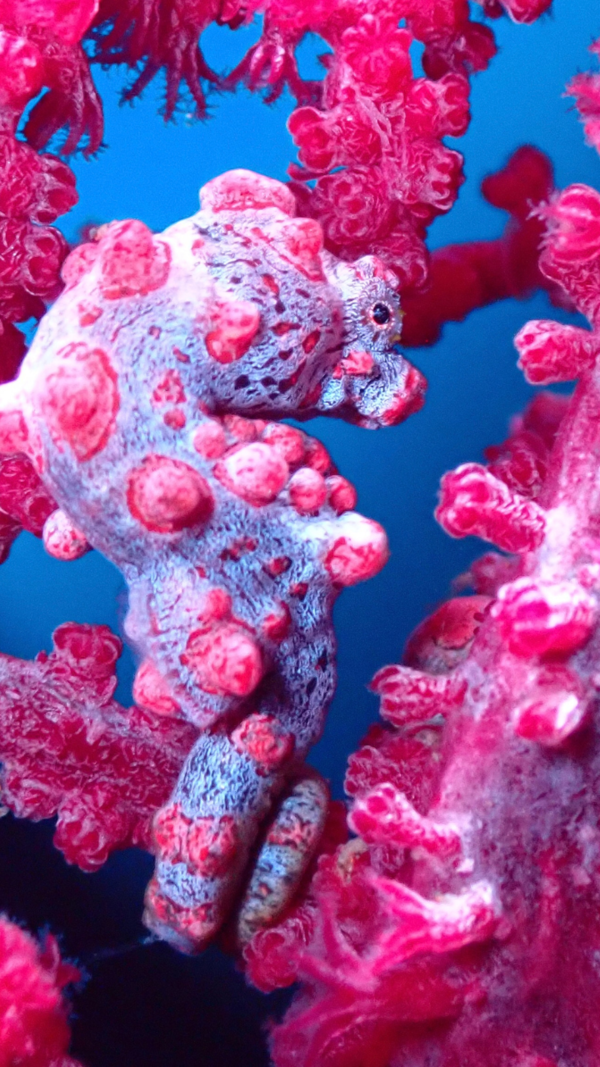- News
- With rising mercury, health dept lists dos & don’ts to ‘beat the heat’
With rising mercury, health dept lists dos & don’ts to ‘beat the heat’
Prayagraj: With mercury crossing 43 degrees Celsius and weather experts issuing heatwave alerts, the officials of the health department have launched an extensive awareness campaign in rural and urban areas, cautioning city denizens about the dos and don'ts as part of it's ‘Beat the Heat' campaign.
The campaign has been drafted under the guidelines of the UP State Heat Action Plan, highlighting symptoms of heat-related illnesses and preventive measures. Notably, the department has installed a series of posters in the trans-Ganga and trans-Yamuna areas of the district to raise awareness about beating the heat.
Dr Anupam Dwivedi, Medical Officer in charge of the Soraon community health centre, told TOI, "Under the public health advisory for extreme heat, we have appealed to the masses to follow four points: stay hydrated, stay covered, stay alert, and stay indoors or in the shade. We are appealing people to drink sufficient water whenever possible, even if they are not thirsty." He adds that thirst is not a good indicator of dehydration. Doctors are also advising the use of ORS (Oral Rehydration Solution) and the consumption of homemade drinks like lemon water, buttermilk, lassi, and fruit juices with some added salt. Dr Dwivedi further stated, "Through banners and posters, we have appealed to the masses to wear thin, loose, cotton garments, preferably light-coloured, and cover the head with a hat, cap, towel or other traditional headgear during exposure to direct sunlight. People should also get weather updates and take measures accordingly."
Dr Dwivedi also mentioned, "Infants, kids, pregnant women, people working outdoors, and those with mental or physical illnesses are at greater risk than others and should be more cautious during the summer season.
Dr Anurag Tiwari, medical officer in charge of the Kaurihar community health centre, said, "People must avoid going out, especially between 12 noon and 3 pm, and also avoid strenuous activities during the afternoon hours."
He also suggested avoiding cooking during peak summer hours and opening doors and windows to ventilate the cooking area adequately. He advised avoiding alcohol, tea, coffee, carbonated soft drinks or drinks with large amounts of sugar, as these can lead to a loss of more body fluid or cause stomach cramps. People should also avoid high-protein food and not eat stale food.
Dr Tiwari further maintained, "Don't leave kids or pets in parked vehicles, as the temperature inside a vehicle could become dangerous." Doctors also listed precautions during mass gatherings like marriages or sports events, noting that outdoor or indoor crowded situations increase the risk of acute heat-related illnesses even in the absence of active heatwave alerts in the area. Moreover, physical exertion, direct sun exposure, overcrowding, and difficult access to water, food, and shade may worsen health in vulnerable groups. Attendees should stay hydrated, cool, be aware of signs and symptoms, and seek medical care.
Doctors, meanwhile, said, "Heat-related illnesses are preventable, but heatstroke is a medical emergency." Notably, the National Centre for Disease Control has also issued administrative measures to provide a safe working environment with six basic tips, including a cool drinking water facility, timely medical care, frequent breaks in a comfortable rest area, a cool and comfortable area for childcare, insulating and shielding hot equipment, and assigning additional workers or slowing down the work pace to safeguard workers.

About the Author
Kapil DixitEnd of Article
Follow Us On Social Media
